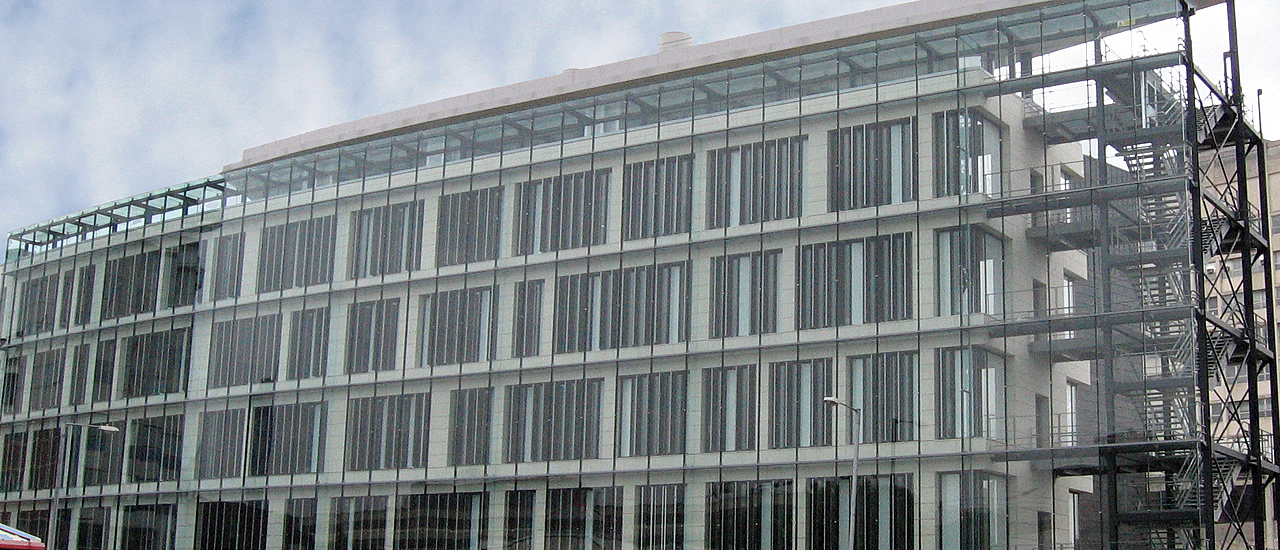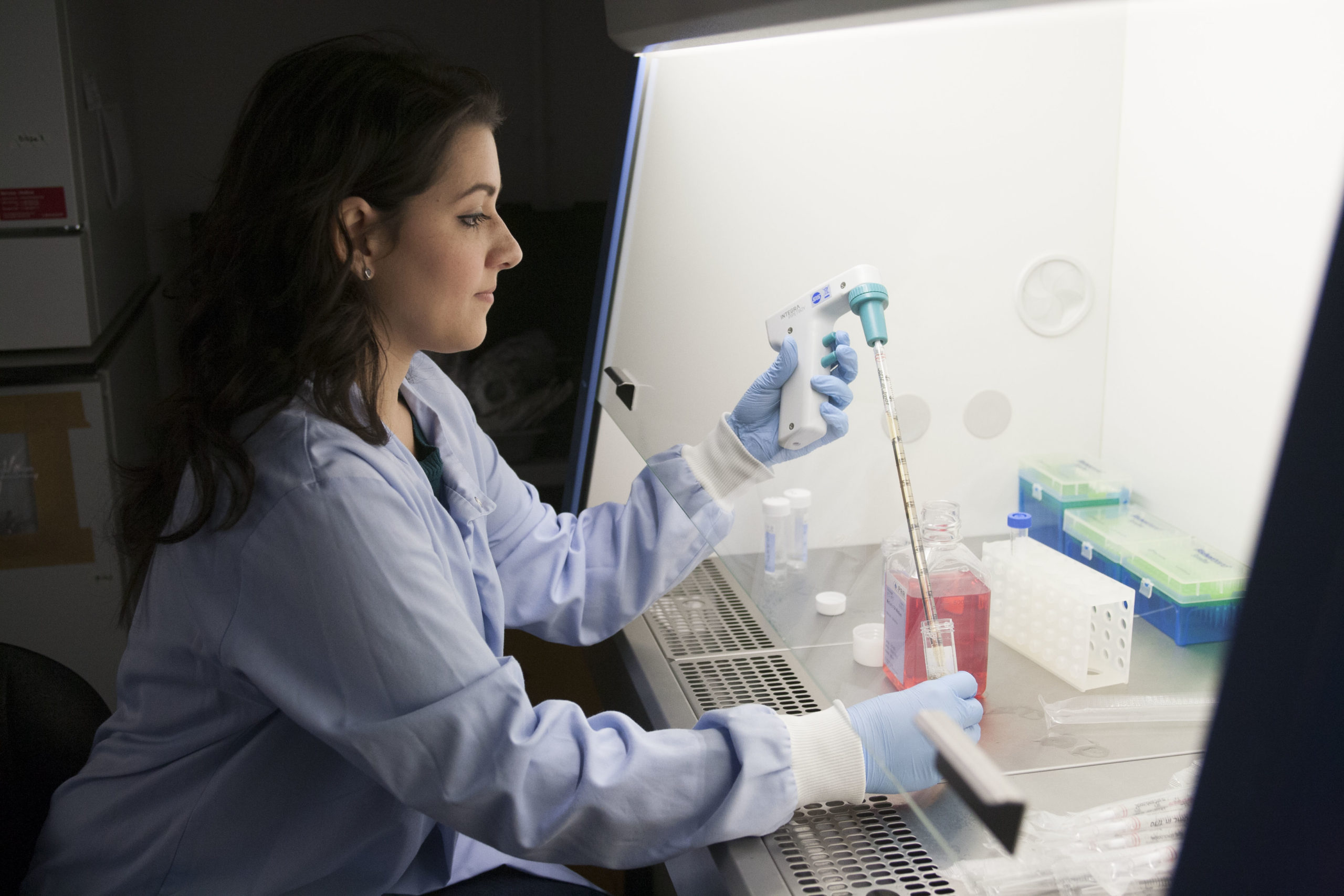
The Buzz S1, E6: Graphene
In this episode of The Buzz we take a deep dive into the wonder material graphene, and how it established Manchester’s place at the forefront of global scientific innovation.


In this episode of The Buzz we take a deep dive into the wonder material graphene, and how it established Manchester’s place at the forefront of global scientific innovation.

Researchers at the Manchester Institute of Biotechnology are working on a test for COVID-19 that can be used at home and provides results in 20 minutes.

Dr Ian Kane told us about the work that academics and students at the Department of Earth and Environmental Sciences at Manchester are doing to investigate the impact of microplastics on oceanic ecosystems. The outcome of these investigations will be used to inform future mitigation measures against plastic pollution.

Prosthetics may one day be replaced with medicine that allows us to regrow lost limbs and organs. It sounds like science fiction, but if a salamander can do it, why shouldn’t we? We spoke to Professor Sarah Cartmell about the realities of regenerative medicine.

Tucked away on The University of Manchester’s North Campus, researchers are harnessing lightning – not to bring monsters to life, but to safeguard the future of the UK’s power network.

Thomas Bannan of the Manchester Urban Observatory talks about the work the team is doing to better understand the impact of air pollution on the city’s health and the environment.

We caught up with engineering lecturer Martin Simmons to hear more about a robotics workshop that he ran over the summer with primary school pupils.

It’s impossible to predict whether a football transfer will work out… or is it? New research from the Department of Physics and Astronomy calculates how long it takes a new signing to adjust.

There’s something exciting going on in the Badlands of Wyoming, and we’ve dug up a few clues for you. Join us as we introduce the real Jurassic Park.

A new flapless plane that aerospace students attending The University of Manchester have been working on for 15 years has taken its first flight – and could now revolutionise air travel as we know it.